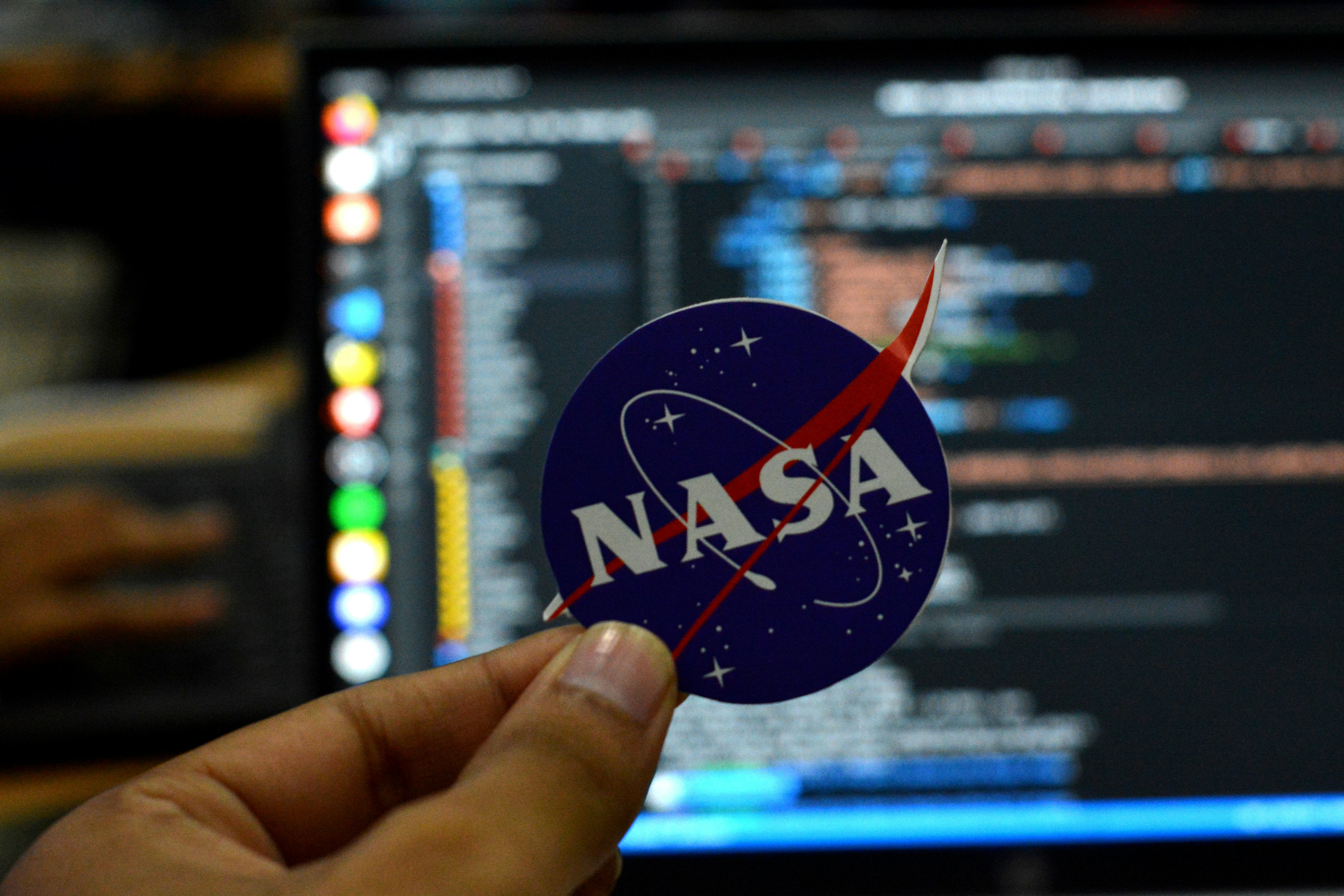
In 2021, AI analysis lab DeepMind introduced the event of its first digital biology neural community, AlphaFold. The mannequin was able to precisely predicting the 3D construction of proteins, which determines the capabilities that these molecules play. “We’re simply floating baggage of water transferring round,” says Pushmeet Kohli, VP of analysis at DeepMind. “What makes us particular are proteins, the constructing blocks of life. How they work together with one another is what makes the magic of life occur.”
AlphaFold was thought of by the journal Science because the breakthrough of the 12 months in 2021. In 2022, it was essentially the most cited analysis paper in AI. “Individuals have been on [protein structures] for a lot of a long time and weren’t capable of make that a lot progress,” Kohli says. “Then got here AI.” DeepMind additionally launched the AlphaFold Protein Construction Database—which contained the protein constructions of just about each organism whose genome has been sequenced—making it freely accessible to scientists worldwide.
Greater than 1.7 million researchers in 190 international locations have used it for analysis starting from the design of plastic-eating enzymes to the event of simpler malaria vaccines. 1 / 4 of the analysis involving AlphaFold was devoted to the understanding of most cancers, Covid-19, and neurodegenerative illnesses like Parkinson’s and Alzheimer’s. Final 12 months, DeepMind launched its subsequent technology of AlphaFold, which prolonged its construction prediction algorithm to biomolecules like nucleic acids and ligands.
“It has democratized scientific analysis,” Kohli says. “Scientists working in a growing nation on a uncared for tropical illness didn’t have entry to the funds to get the construction of a protein computed. Now, on the click on of a button, they’ll go to the AlphaFold database and get these predictions without spending a dime.” As an example, one in all DeepMind’s early companions, the Medicine for Uncared for Ailments Initiative, used AlphaFold to develop drugs for illnesses that have an effect on hundreds of thousands—corresponding to sleeping illness, Chagas illness, and leishmaniasis—but obtain comparatively little analysis.
DeepMind’s newest breakthrough is named AlphaMissense. The mannequin categorizes the so-called missense mutations—genetic alterations that can lead to completely different amino acids being produced at explicit positions in proteins. Such mutations can alter the perform of the protein itself, and AlphaMissense attributes a chance rating for that mutation being both pathogenic or benign. “Understanding and predicting these results is essential for the invention of uncommon genetic illnesses,” Kohli says. The algorithm, which was launched final 12 months, has categorised round 89 p.c of all attainable human missense. Earlier than, solely 0.1 p.c of all attainable variants had been clinically categorised by researchers.
“That is only the start,” Kohli says. Finally, he believes AI may ultimately result in the creation of a digital cell that might radically speed up biomedical analysis, enabling biology to be explored in-silico quite than in real-world laboratories. “With AI and machine studying we lastly have the instruments to understand this very refined system that we name life.”
This text seems within the July/August 2024 subject of WIRED UK journal.





